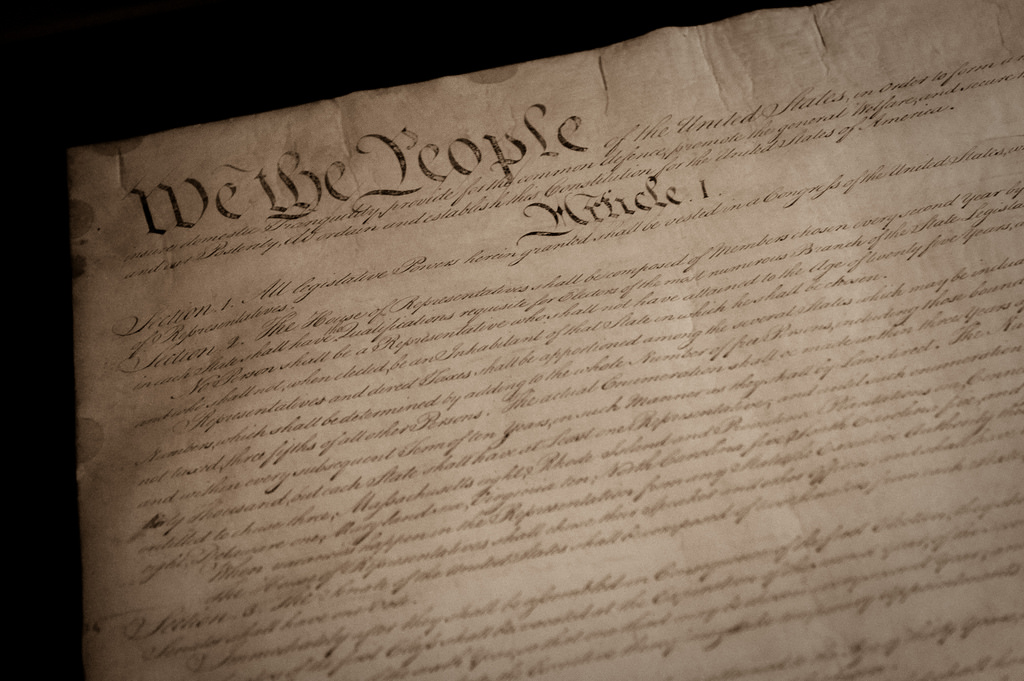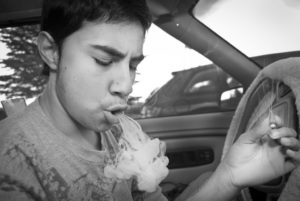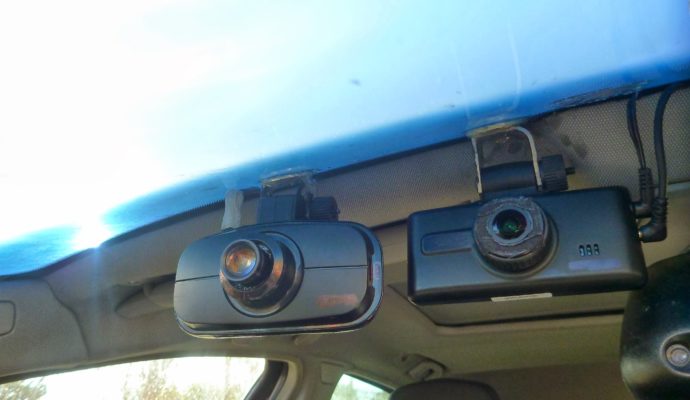Let’s start with the police, who do a mostly thankless job. And dangerous job. And most of them, well over 90 percent, do it very well. But the small minority, what I call the edge minority, well they’re probably not well hired, well behaved, nor are they well balanced. Remember, however, they are but a small portion. The same can be said about the citizenry they protect and interact with. For over 90 per cent of them go about their law-abiding ways, producing and appreciating the job the police do. And the police mostly appreciate them. But the citizenry also has their edge minority, who have their lawless ways. Both the majorities and edges are entitled to the protections of our laws and Constitution, including due process. When does the system start to break? When they, the edge police are not held to the same standards as the edge citizenry, and when the edge citizenry step out of line. As soon as police start lying: to each other, to the press, in their reports, and yes, even on the witness stand, the system and justice start to crumble. Just as all civilian witnesses are held to perjury, so should ALL police, including their superiors. When the edges come together and there is overreaction, there is breakdown completely.
Just as there are conflicts of interest in civil and criminal investigations and trials, they exist in the same circumstances to the same degrees when police are involved. If the same prosecutors who daily utilize the work of certain law enforcement, interact with them and their superiors on a daily basis, and then find themselves investigating the actions of those same people as possibly criminal or eventually civil can they be or are they fair in their fact finding and decision making? Are their presentations to a Grand Jury mere regurgitation, or argument, one way or the other. Do they always act to remove themselves as biased based on conflict, if they feel such. Should it be decided by them to do so? If not, who is there to investigate their actions?
Lately, there have been many incidents where law enforcement has suddenly become judge, jury, and executioner. If that resulted with locking someone up for days, weeks or even years, there would ensue a firestorm. When there is death or abuse of a suspect, there must be as thorough an investigation of law enforcement and their actions, with citizens involved, not just as witnesses but as deciders, with appropriate sanctions in the case of unlawful actions by those officers. The key is there must be every attempt to avoid conflict of interest, any conflict of interest, else it is a conflict of justice. From this can only spawn distrust of the police, prosecutors, and the entire system. It can turn all of us, who otherwise stand together, into we v. they, the citizenry v. the police, lawful v. unlawful, black v white, then unlawful v. unlawful. We will never get the right answer to what if the deceased or jailed were a different color or race, unless at least some of the deciders are of the same color, race, or background. Hence, again the Grand Jury, and a jury of the targets’ peers. But unless all facts are presented to them in a neutral, unbiased way, how can they make the right decision. Prosecutors take an oath to seek justice, not just find and convict or execute. And unless there is prosecutor and investigator neutrality, judicial neutrality, and law enforcement objectivity, there will be no due process or equal treatment.
Will there suddenly be a complete change of heart in the edge of law enforcement or their protectors or in the edge of the citizenry and their own protectors that will give complete viability and reliability to our system. No, but there are steps that must be taken to cultivate that result: an end to conflicts of interest and appropriate punishment to those that ignore such conflicts, including prosecutors and judges who do so; body cameras with requirements to operate at all times and appropriate punishments for failure to do so (there are police departments, who have opted out of cameras simply to protect their officers’ convenient memories or lack thereof based on experiences on the stand under cross examination), besides cameras have proven themselves time and time again, both for law enforcement and against law enforcement; complete elimination of structural conflicts of interest (such as the Department of Public safety presiding over hearings to determine the veracity of a State Trooper who has the same boss as the person holding the hearing or judges who after deciding whether an officer is telling the truth against the word of a defendant, goes to lunch or dinner with the same officer and/or the prosecutor), and then repeats it the following week.
When the small minority of law enforcement are allowed to act unlawfully without full and untainted investigation, justice and our system is not served. And it fails miserably not just for the unlawful small minority of the citizenry, but also for the law abiding majority of the citizenry. And every bit as importantly, for the majority of law enforcement, who lawfully go about keeping the peace through their training, experience, and balanced decision making. It’s a tough job, without argument, but all of those in law enforcement (including that small edge minority) take an oath similar to prosecutors, to protect and seek justice for all. They take that job and oath, knowing about that edge minority in their own ranks and in the general population. They take it without blinders as to both, knowing the risks in both edges. But they must act accordingly and lawfully when it comes to both, having faith in the system, that justice will merge. That’s why there is a system. Without it, and justice, there will soon emerge anarchy. And, despite all those would ignore the sound and meaning of that, do we, or our kids really want to live and die in that world?



